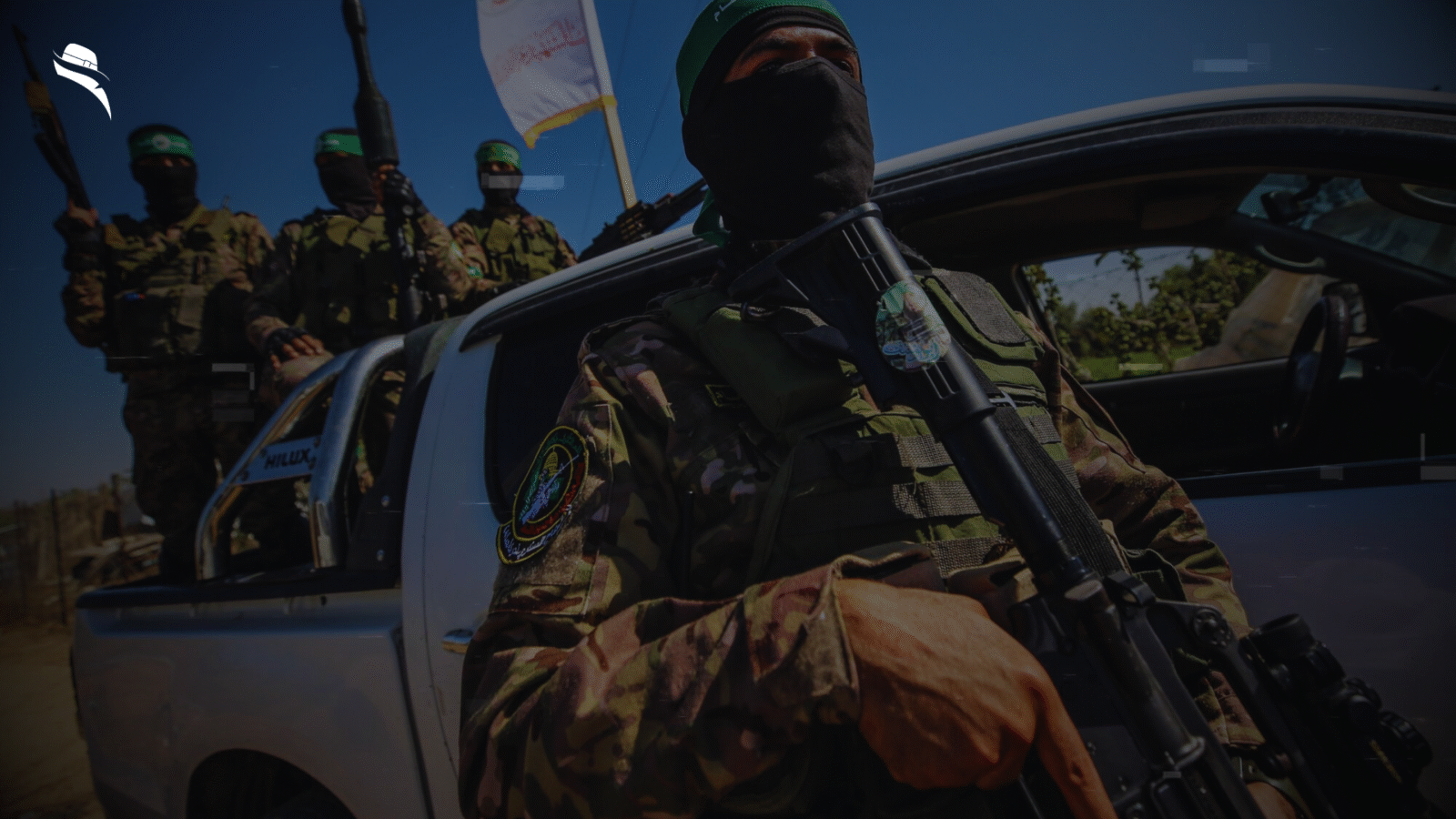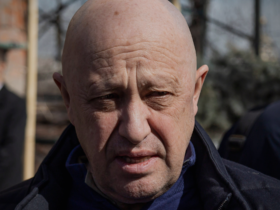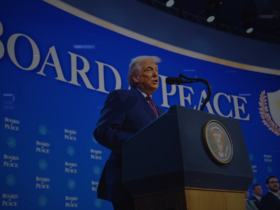Hamas denies attack on Israeli forces in Rafah, maintaining its commitment to the U.S.-brokered ceasefire deal in Gaza. Despite this denial, Israeli military forces launched “powerful” strikes across Gaza following the exchange of gunfire in southern Rafah, killing at least 20 Palestinians in the immediate aftermath.
The Israel-Hamas conflict has intensified following the incident, with Gaza’s Government Media Office reporting that Israel has killed at least 94 Palestinians since the ceasefire took effect on October 10. Meanwhile, other sources indicate the death toll is even higher, with at least 211 Palestinians killed during the nearly three-week period since the ceasefire began. According to recent news, Hamas has accused Israel of violating the ceasefire agreement while categorically denying any involvement in the shooting attack on Israeli forces. The violence continues against the backdrop of a devastating humanitarian crisis, with Israeli forces having killed more than 68,500 people, mostly women and children, since October 2023.
Hamas Denies Attack on Israeli Forces in Rafah
The Palestinian group Hamas issued a formal statement Tuesday categorically rejecting any connection to the shooting incident involving Israeli forces in Rafah. “Hamas affirms that it has no connection to the shooting incident in Rafah and affirms its commitment to the ceasefire agreement,” the group declared.
Furthermore, Hamas characterized the Israeli military response as “criminal bombardment” that constitutes “a blatant violation of the ceasefire agreement”. The group specifically accused Israel of fabricating “false pretexts in preparation for taking new aggressive steps”.
In its statement, Hamas detailed “a series of violations in recent days that resulted in casualties and the continued closure of the Rafah crossing,” suggesting Israel was deliberately undermining the ceasefire arrangement. The Al-Qassam Brigades, Hamas’s military wing, likewise denied knowledge of “any events or clashes” in Rafah, reiterating their commitment to the truce “throughout all areas of the Gaza Strip”.
Hamas officials have appealed to international mediators to “act immediately to pressure Israel, curb its brutal escalation against civilians, stop its serious violations of the ceasefire, and ensure full compliance with its provisions”. The group also announced postponing the scheduled transfer of an Israeli hostage’s remains “due to the occupation’s violations,” warning that “any Zionist escalation will hinder the search, excavation, and recovery of bodies”.
Israel Launches Airstrikes in Response to Rafah Incident
Prime Minister Benjamin Netanyahu ordered immediate “powerful strikes” in Gaza on Tuesday following an alleged attack on Israeli forces in Rafah. The Israeli military subsequently launched extensive airstrikes across the Gaza Strip, marking the heaviest bombardment since the ceasefire began.
These attacks resulted in at least 104 Palestinian deaths, including 46 children and 20 women. More than 253 people were injured, among them 78 children and 84 women. The airstrikes continued for over 14 hours before Israel announced it would resume the ceasefire.
The bombardment targeted multiple areas:
- Four people were killed in a residential building near Shifa Hospital in Gaza City
- Five people died in the Bureij refugee camp in central Gaza
- Eight people, including three children, were killed in the Al-Mawasi area of Khan Younis
Gaza Civil Defense spokesman Mahmoud Basal described these as “horrific massacres” occurring “in full view of mediators and the international community”. Moreover, hospitals reported critical shortages, with Al-Shifa Hospital director describing the situation as “catastrophic” with “no medicines or medical supplies to treat the wounded”.
Israeli officials claimed the strikes were justified after Hamas violated the ceasefire by attacking troops within the “yellow line” deployment area. Nevertheless, Israel announced Wednesday it would resume the ceasefire but “respond forcefully to any violation”.
Ceasefire Agreement Faces Renewed Strain
The fragile ceasefire between Israel and Hamas has experienced repeated violations throughout its short duration, threatening to derail President Trump’s 20-point peace plan. Both parties have accused each other of failing to uphold commitments under the agreement signed in Egypt earlier this month.
Notably, Israel has conducted multiple low-intensity military operations since October 11, resulting in approximately 90 Palestinian deaths. The heaviest bombardment occurred on October 19 when Israel blamed Hamas for killing two soldiers in Rafah, launching strikes that killed up to 45 Palestinians.
Concurrently, tensions escalated over the return of hostage remains. Netanyahu claimed Hamas was in “clear violation” of the agreement after returning remains that did not match any of the 13 unaccounted hostages. Hamas countered that Israel has impeded search efforts by refusing to allow heavy machinery needed to move rubble.
Aid delivery has similarly become contentious, with the promised 600 trucks daily falling significantly short. UN Humanitarian Coordinator Alakbarov noted that although assistance increased by 46% in the first week, “much more still needs to be done”.
International mediators, especially Egypt, Qatar, and the US, continue efforts to stabilize the agreement. However, questions remain about implementing future phases, particularly regarding Hamas disarmament, deployment of an international security force, and Gaza’s governance.






Leave a Reply